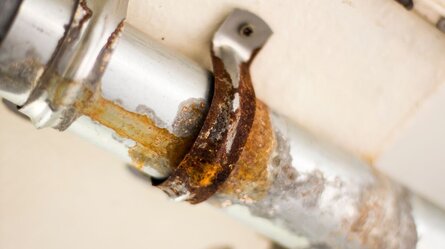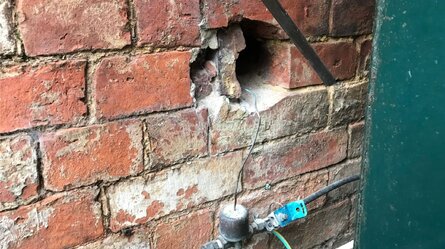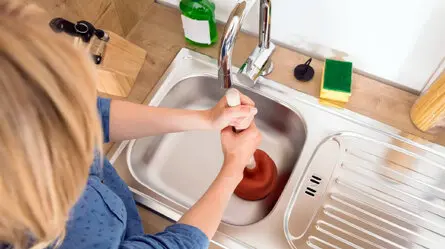What does a simple sink blockage truly cost you? Beyond the inconvenience of water backing up, sink blockages can lead to expensive repairs, wasted water, and even environmental harm.
Grease build-up and stubborn clogs can turn from small annoyances into major household disruptions. They don’t just dent your budget; they add stress too. This blog is packed with practical tips to help you avoid these pricey problems and keep your sinks running smoothly.
Whether in the kitchen or bathroom, implementing these tips will help maintain your plumbing’s efficiency and prevent unnecessary headaches.
Identifying the Main Causes of Sink Blockages
To keep sink drains flowing freely, it’s crucial to understand the root causes of blockages. The main culprits are:
- Accumulation of Food Scraps in Kitchen Sinks: Small pieces of food that slip down the drain can accumulate over time, creating stubborn clogs.
- Grease and Oil Solidifying in Drains: Pouring grease and cooking oil down the drain might seem harmless, but as they cool, they solidify and cling to the inside of pipes, creating blockages.
- Hair Build-up in Bathroom Sinks: Stray hairs are notorious for causing blockages, especially when mixed with soap residue.
- Soap Residue Narrowing Water Flow: Soap can leave behind residue, which eventually narrows the passage of water, especially in bathrooms.
- Incorrect Disposal of Non-Biodegradable Items: Items like wipes, cotton buds, or sanitary products often end up in sinks or drains but don’t decompose easily, contributing to serious blockages.
Recognising these causes is the first step to preventing clogs and keeping your plumbing system running efficiently.
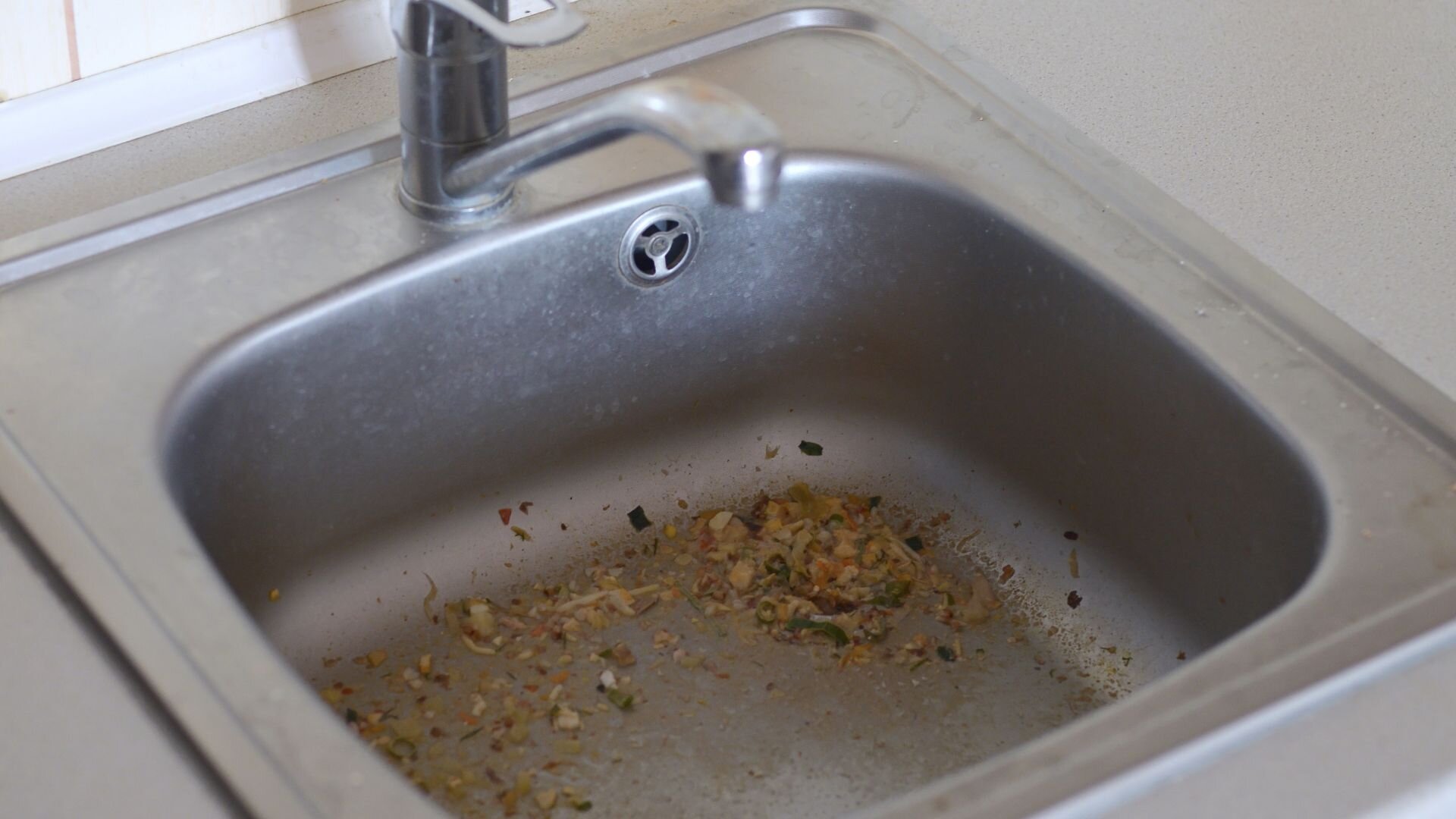
Practical Tips to Keep Sink Drains Clear
Nobody wants to deal with the hidden costs and headaches of sink clogs. Consider these practical strategies to keep your sinks running smoothly:
Dispose of Waste Responsibly
One of the best ways to prevent blockages is to dispose of waste properly. Avoid letting food scraps wash down the kitchen sink—use a compost bin instead.
Drain strainers are an inexpensive and effective tool to catch food particles, hair, and other debris before they cause problems.
Avoid Pouring Grease Down the Drain
Grease might be liquid after cooking, but as it cools, it solidifies. Instead of pouring it down the sink, store it in a container until it hardens, then discard it in the trash. This simple step will help keep your drains clean and prevent costly blockages.
Rinse Drains Regularly with Hot Water
Pouring hot water down your drains once a week helps to dissolve soap scum, fatty residues, and other buildups. It’s an easy, proactive step to maintain the health of your sink and pipes.
Use Natural Cleaning Solutions
Chemical drain cleaners can be harsh and potentially damaging to your pipes. Instead, opt for eco-friendly alternatives. A great solution is baking soda followed by vinegar: pour half a cup of baking soda down the drain, then follow it with half a cup of vinegar. Let it fizz for a few minutes, then flush with hot water. This natural remedy helps break down clogs without harming the environment or your plumbing.
Install Drain Guards and Filters
Drain guards are an affordable, easy-to-install solution that can prevent most of the common causes of sink blockages. These guards catch hair, food scraps, and other debris before they enter your drain, keeping your plumbing clear and free of clogs.
The Role of Regular Plumbing Maintenance
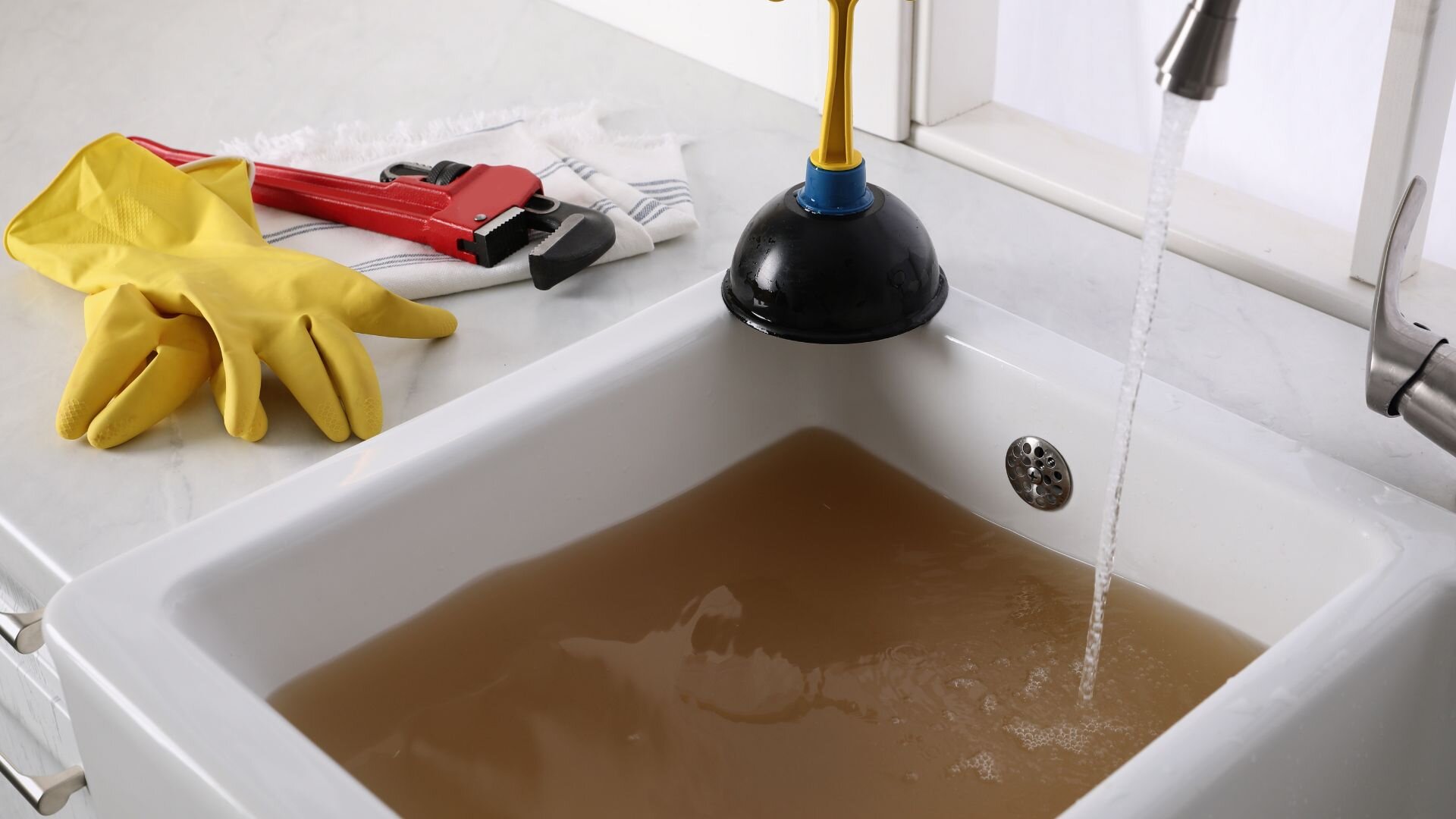
Regular plumbing maintenance plays a vital role in preventing sink blockages and keeping your plumbing system in top shape. Professional plumbers come equipped with skills and tools to deeply clean drains, eliminating buildup that home remedies can’t handle.
Regular maintenance is key to spotting early signs like slow drainage or odd noises. Ignoring these can mean big repair bills down the line. Scheduling regular inspections helps extend your plumbing’s life and keeps repair costs down by sorting out issues before they blow up. In the long run, investing in professional plumbing care is cheaper than emergency repairs and water damage.
When to Seek Professional Help for Blocked Sinks
Not all blockages can be resolved with home remedies. Here are some signs that you need professional assistance:
- Persistent Slow Drainage: If your sink takes a long time to drain despite your best DIY efforts, it’s likely that there’s a significant blockage deep in the pipes.
- Foul Odours Emanating from the Sink: Bad smells can indicate organic matter decomposing inside your pipes—something a professional plumber can handle.
- Water Backing Up into Sinks or Appliances: This is a red flag that shouldn’t be ignored. It could indicate a more severe blockage affecting the entire system.
- Recurring Clogs Despite Home Remedies: If you’re constantly battling blockages, it’s time for a professional inspection and thorough cleaning.
Experienced plumbers have the right skills and tools to tackle these problems head-on, getting your sinks back to working order quickly and safely.
Simple Habits for Long-Term Drain Care
Adopting a few daily habits can make a significant difference in preventing sink blockages:
- Scrape Plates Before Rinsing: Always scrape food scraps into the trash or compost before washing dishes.
- Avoid Flushing Coffee Grounds or Tea Leaves: These items are notorious for creating blockages. Dispose of them in the trash or compost bin.
- Run Cold Water While Using Garbage Disposal: If you use a garbage disposal, run plenty of cold water while operating it to help flush waste through the system efficiently.
- Keep an Eye Out for Early Signs of Clogging: Notice slow drainage or minor backups? Take action immediately before it turns into a major problem.
By integrating these habits into your daily routine, you can maintain your sink’s health and enjoy hassle-free plumbing.
Keep Your Sinks Flowing Freely with Woolf Plumbing
Preventing sink blockages is all about regular care and maintenance. But when problems arise, Woolf Plumbing is here to help. With expertise in handling blocked sinks and dedication to efficient, affordable solutions, we ensure your sinks stay in top condition. Don’t let a simple blockage disrupt your day—reach out to Woolf Plumbing today for professional assistance.
Contact Woolf Plumbing for a free consultation, or visit our website to learn more!


